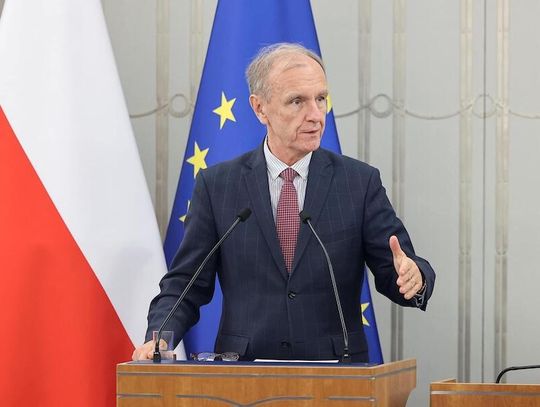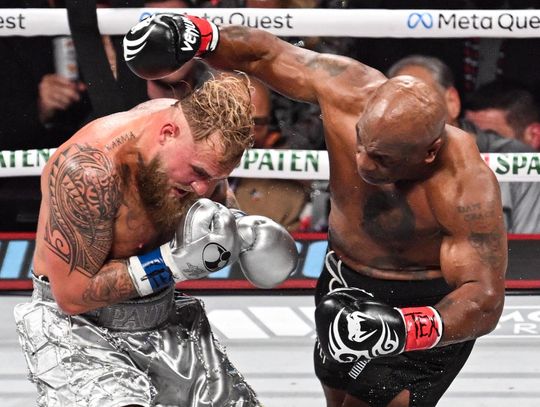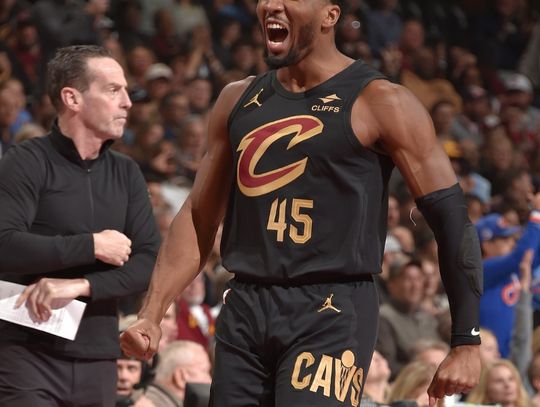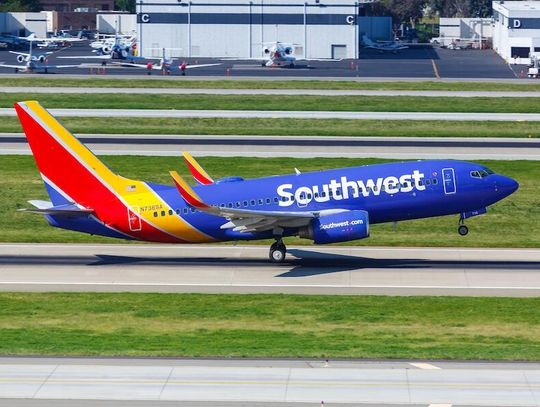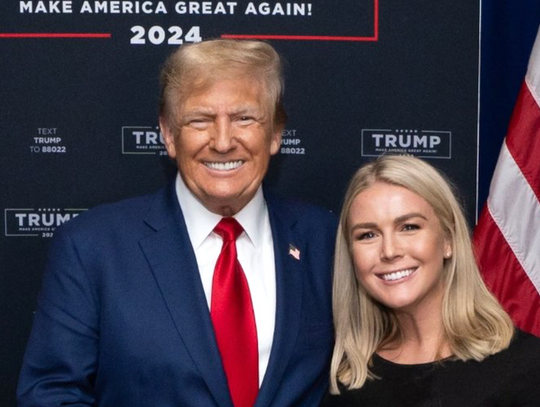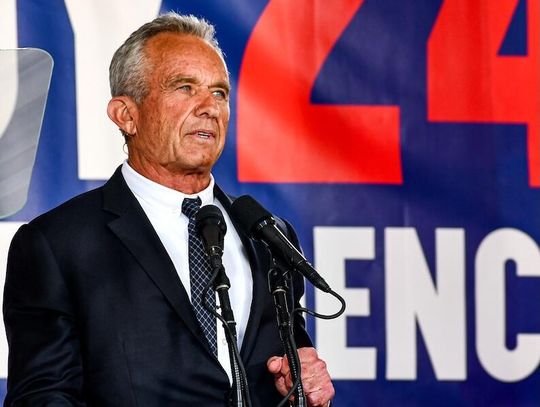Thanksgiving Day
My mom loved Thanksgiving. She loved getting up early Thanksgiving morning and stuffing the turkey and putting it in the oven and basting it over and over again. She always said that it reminded her of when she was a girl back in Poland before the war. She came from a big family -- a mom and dad and 8 brothers and sisters -- and every meal was a production that would take hours of loving labor.
And every meal would bring the family together. I think that’s what she loved most about Thanksgiving. The way it brought family together.
When we first came to America, of course, we had no family here. It was just my mom and dad and my sister and me. We had no one else to share Thanksgiving Dinner with. My dad came from a small family, but only his brother survived the war, and he went back to Poland after he was freed from the slave labor camps. My mom was from a big family, but her story was similar. Of her 8 brothers and sisters, only 3 survived the war. And of those 3, one was sent to Siberia by the Russians at the end of the war and died there.
This all changed as my sister and I got older and we started our own families. The small family Thanksgiving Dinner of 4 got bigger and bigger.
Soon my sister was bringing her husband and her three daughters to my parents’ house for Thanksgiving, and then I was bringing my wife and daughter to my parents for Thanksgiving.
I remember how much my parents loved those enormous family dinners. But it wasn’t ever about the food. It was about watching the little kids crawling around and laughing and playing with their dolls. It was about sitting with my sister’s husband and hearing him complain year after year about how badly the Chicago Bears were doing that year. It was about listening to my sister talk about how her in-laws were doing with their new place in the suburbs after a lifetime of living near the corner of California and Division. It was about my wife Linda talking to my mom about what her Thanksgiving Dinners were like in Brooklyn when she was a kid and about my mom nodding and smiling the happiest, biggest smile ever.
It was all about family coming together and being the loving family we all need.
John Guzlowski amerykański pisarz i poeta polskiego pochodzenia. Publikował w wielu pismach literackich, zarówno w USA, jak i za granicą, m.in. w „Writer’s Almanac”, „Akcent”, „Ontario Review” i „North American Review”. Jego wiersze i eseje opisujące przeżycia jego rodziców – robotników przymusowych w nazistowskich Niemczech oraz uchodźców wojennych, którzy emigrowali do Chicago – ukazały się we wspomnieniowym tomie pt. „Echoes of Tattered Tongues”. W 2017 roku książka ta zdobyła nagrodę poetycką im. Benjamina Franklina oraz nagrodę literacką Erica Hoffera, za najbardziej prowokującą do myślenia książkę roku. Jest również autorem dwóch powieści kryminalnych o detektywie Hanku Purcellu oraz powieści wojennej pt. „Road of Bones”. John Guzlowski jest emerytowanym profesorem Eastern Illinois University. — John Guzlowski's writing has been featured in Garrison Keillor’s Writer’s Almanac, Akcent, Ontario Review, North American Review, and other journals here and abroad. His poems and personal essays about his Polish parents’ experiences as slave laborers in Nazi Germany and refugees in Chicago appear in his memoir Echoes of Tattered Tongues. Echoes received the 2017 Benjamin Franklin Poetry Award and the Eric Hoffer Foundation's Montaigne Award for most thought-provoking book of the year. He is also the author of two Hank Purcell mysteries and the war novel Road of Bones. Guzlowski is a Professor Emeritus at Eastern Illinois University. fot. Depositphotos.com



